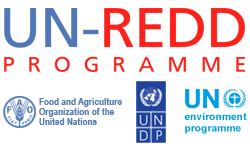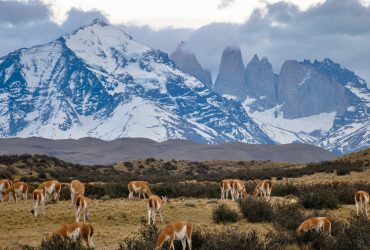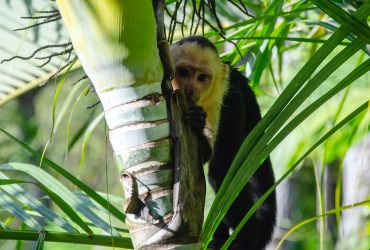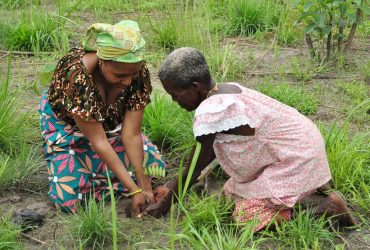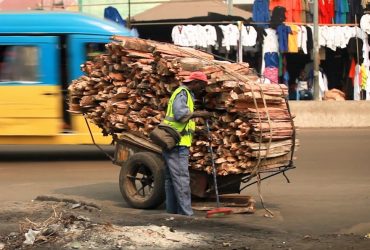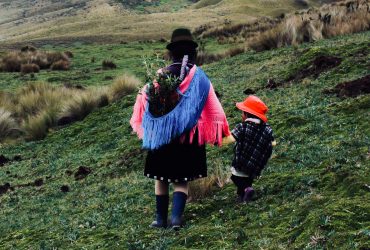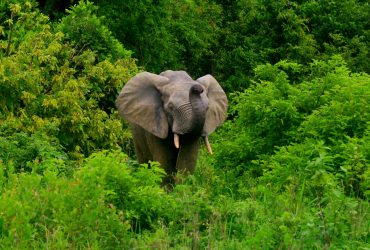PROGRESS AGAINST THE WARSAW FRAMEWORK
NS/AP: Colombia increased the ambition of its NDC and committed to reducing emissions from deforestation from more than 170,000 hectares in 2020 to less than 100,000 hectares per year by 2025 and to less than 50,000 hectares per year in 2030. Through the use of cooperative approaches of Art. 6.2 of the Paris Agreement, the country could increase its ambition to zero net deforestation by 2030.
FREL/FRL: Colombia finalized the assessment process of the second FREL during 2021, moving forward from the sub-national to the national level. The draft assessment report was prepared and will be published in the Lima REDD+ Information Hub in the first quarter of 2022.
NFMS: During the last quarter of 2021, work was carried out on the formulation of the project, “Management of natural resources through the analysis of information and environmental knowledge.” Legal and administrative work sets the stage for the beginning of the forest inventory for the Andean and Caribbean regions in Colombia. Similarly, the stage was set for progress on hydrological issues to improve the quality of the monitoring network in the Middle Valley of the Magdalene. A report was produced on the use of Breaks for Additive Season and Trend (BFAST) for monitoring restoration in the country and collaboration with GGGI on a report on restoration monitoring.
SIS: Colombia submitted its fifth summary of information (SOI) to the UNFCCC, which reports on the period from September, 2019 to October, 2020, with in-country resources and collaboration with REM Vision Amazonia Programme. Recommendations from UN-REDD were shared for the elaboration of the sixth SOI. Progress has been achieved on the development of the self-assessment for the community forestry model, the systematization of the model and the inclusion of the food security component, as well as on actions carried out by the project team on the ground. Capacities of the Cocomasur Afro-descendent community on tenure rights, demarcating and registering local community land were enhanced via implementation of Open Tenure and strengthening of IT resources. The community field teams are continuing work on recording tenure rights to improve governance of natural resources.
